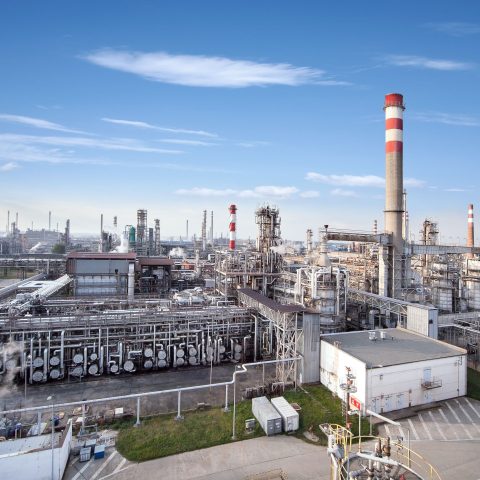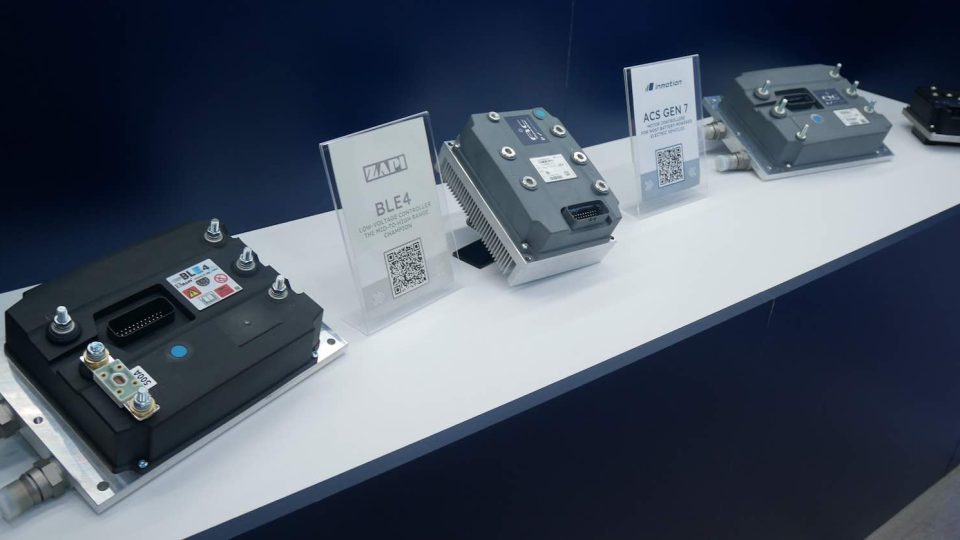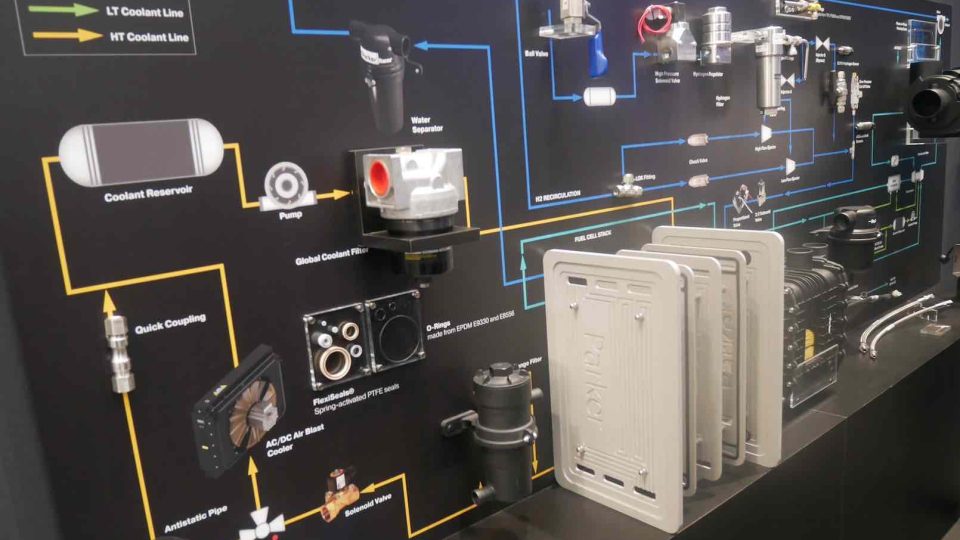MOL Group has successfully tested the production of an alternative synthetic fuel
MOL Group has produced a diesel fuel containing Hydrotreated Vegetable Oil (HVO), and Sustainable Aviation Fuel (SAF) at the refinery of Slovnaft in Bratislava. The quality of the products has been verified by radioisotope analysis by the independent specialist laboratory of Isotoptech Zrt.

MOL Group has produced a diesel fuel containing Hydrotreated Vegetable Oil (HVO), and Sustainable Aviation Fuel (SAF) at the refinery of Slovnaft in Bratislava. The quality of the products has been verified by radioisotope analysis by the independent specialist laboratory of Isotoptech Zrt. The successful production test confirms that MOL Group is technologically ready for the production of alternative synthetic fuels, which is part of the company’s long-term “Shape Tomorrow” strategy.
Biodiesel HVO of vegetable origin was successfully produced at the Bratislava Refinery. HVO was produced using oil from cashew nut shells and the biocomponent produced this way was processed together with crude oil. MOL Group has been using the so-called co-processing at the Danube Refinery in Százhalombatta for years: the process reduces the emissions of traditional fuels by mixing plant residues, as the bio and fossil components are processed simultaneously directly during production. The production test was successful: the diesel product was analysed by the Hungarian Isotoptech Zrt laboratory which confirmed that it contains the required ratio of HVO.
At the same time, MOL Group’s Bratislava Refinery conducted another production test, which produced a sustainable aviation fuel (SAF) by co-processing as well. In this case, the company also created value from waste: it processed partially refined cooking oil with the traditional raw material. The test proved that the Bratislava Refinery’s production unit used for the production of standard aviation kerosene is also suitable for producing sustainable aviation fuel.
“We are technologically ready to produce biodiesel of vegetable origin as well as sustainable aviation fuel. This could open a new chapter in the sustainable efforts of MOL Group: we offer our customers an increasing variety and quantity of fuels, thus contributing to the smart energy transition as well,” said Csaba Zsótér, Senior Vice President, Fuels at MOL Group.
“The fact that Slovnaft has passed this test is a confirmation of our position as an important player in the CEE region. The competence in chemical production that we have acquired over the long history of the company must be preserved and developed in line with where the company is moving and what kind of future we want to create,” said Gabriel Szabó, Vice Chairman of the Slovnaft Management Board and Vice President Downstream of the MOL Group.
Currently, very few refineries in the world produce SAF. Slovnaft has thus become one of the first refineries capable of producing aviation fuel meeting the quality requirements set for SAF. In the context of EU environmental targets, SAF is to account for 2% of total aviation fuel consumption from this year, with this percentage gradually increasing each year. The share of SAF is to increase to 6% by 2030, 20% by 2035, and 70% by 2050.









